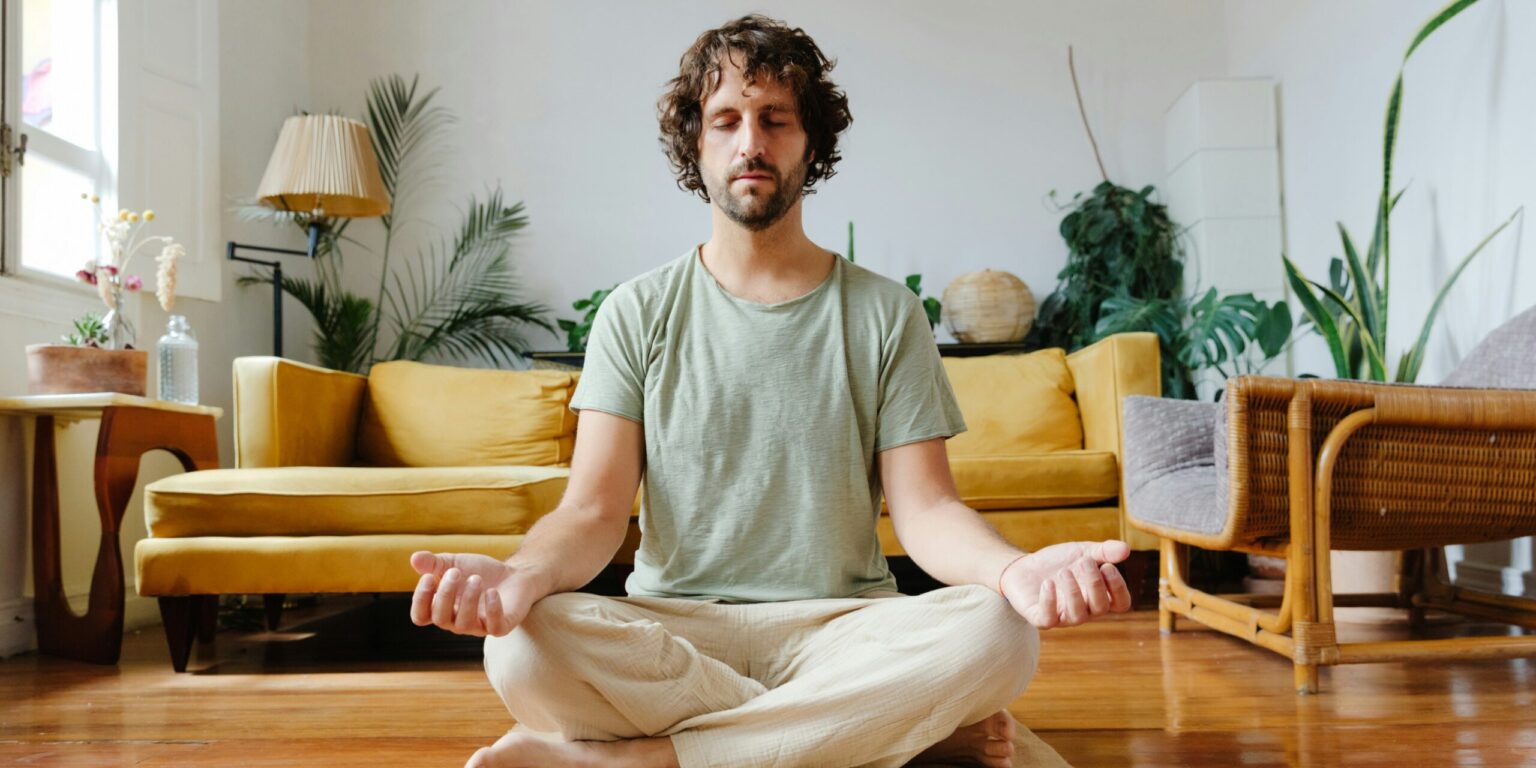A new network meta-analysis published in BMJ Evidence Based Medicine and summarized by ScienceDaily on July 17, 2025, confirms that yoga, Tai Chi, walking, and jogging can significantly improve sleep quality and may be just as effective as traditional treatments for insomnia. The study reviewed data from 22 randomized controlled trials involving 1,348 participants across seven different physical activity interventions.
The analysis found that yoga had the most significant impact on sleep. Participants who practiced yoga increased their total sleep time by nearly 110 minutes per night, improved sleep efficiency by about 15 percent, and reduced the time it took to fall asleep by around 30 minutes. Wake time after initially falling asleep also decreased by nearly an hour. Tai Chi was also effective, leading to an average 50-minute increase in sleep duration, more than four-point improvements on the Pittsburgh Sleep Quality Index (PSQI), and lasting effects up to two years after the intervention.
Read Also: https://nyreview.com/new-york-city-reaches-new-heights-with-record-breaking-tourism-numbers/
Walking and jogging were linked to reductions in insomnia severity scores, likely due to their ability to lower stress hormones such as cortisol, increase melatonin production, and enhance emotional well-being. These physical activities were shown to promote better overall mental health and reinforce natural sleep-wake rhythms.
While cognitive behavioral therapy for insomnia (CBT-I) remains the gold standard, the researchers emphasized that these physical exercise routines are valuable first-line options. They are cost-effective, widely accessible, and have few to no side effects, making them especially useful in areas where CBT-I is unavailable or unaffordable.
The study also highlighted the importance of personalizing exercise routines based on personality traits. Extroverts, for example, may benefit more from high-intensity group classes, while introverted individuals might find better consistency and comfort in private, shorter activities like solo yoga or at-home workouts. This tailored approach can help individuals stick with their routines and experience long-term improvements in sleep.
The mechanisms through which these activities enhance sleep are both physiological and psychological. Yoga and Tai Chi combine physical movement with breathing control and mindfulness, helping to calm the nervous system and reduce anxiety. This mind-body integration is particularly effective for people whose insomnia is related to stress or racing thoughts. Walking and jogging, on the other hand, increase physical fatigue, help regulate hormones, and stabilize mood—all of which contribute to more restful sleep.
Health professionals suggest specific guidelines for incorporating these exercises into daily life. Yoga is most beneficial when practiced two to six times per week in sessions lasting 45 to 60 minutes. Tai Chi can be effective with two to three weekly sessions of similar duration. Walking or jogging three to five times a week for 30 to 75 minutes each session is recommended for those dealing with more severe insomnia symptoms or stress-related sleep disturbances.
Experts also advise against engaging in high-intensity workouts late in the day, as they can lead to overstimulation that interferes with sleep onset. Instead, moderate-intensity activities should be scheduled earlier in the day to align with the body’s natural circadian rhythm.
Clinicians are now increasingly advocating for these physical activity interventions to be considered before prescribing medications. This approach aligns with growing trends in preventive health and wellness, where natural and behavioral strategies are prioritized over pharmaceutical solutions whenever possible. Although the researchers acknowledge some limitations in the trials, such as small sample sizes and variability in design, the overall evidence strongly supports the effectiveness of structured exercise in treating insomnia.
This July 2025 study from University College London provides compelling evidence that yoga, Tai Chi, walking, and jogging are not only beneficial for physical and mental health but are also powerful, natural solutions to one of the most common sleep disorders. By encouraging personalized, consistent movement practices, healthcare providers can help individuals achieve deeper, more restorative sleep without relying solely on medication.
